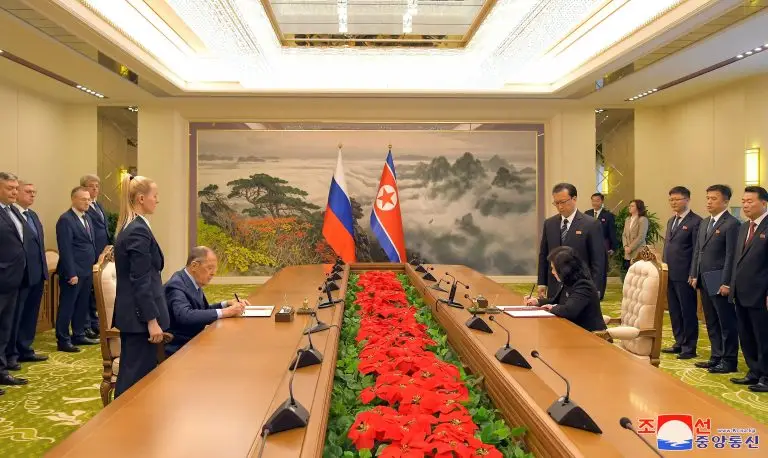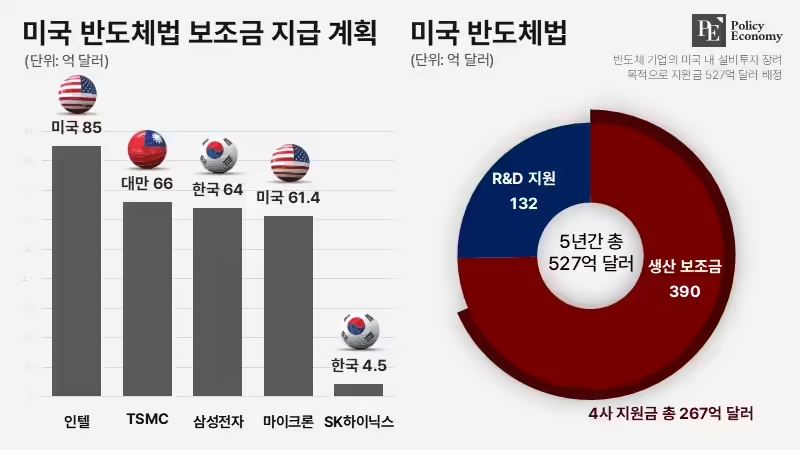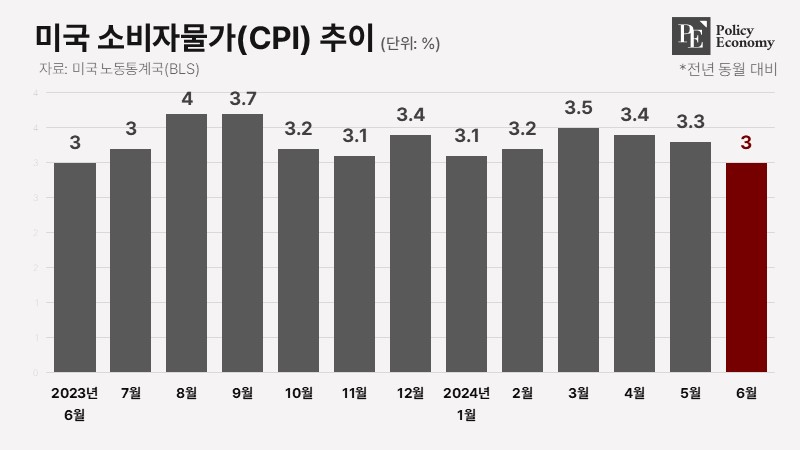[동아시아포럼] 디플레이션 극복을 위한 중국의 과제
기업 이익 감소 등 디플레이션으로 인한 경기 침체 소비 위축·투자 감소·실업률 증가 등 악순환 우려 일본의 잃어버린 30년과 달라, 제도적 개선 필요
[동아시아포럼]은 EAST ASIA FORUM에서 전하는 동아시아 정책 동향을 담았습니다. EAST ASIA FORUM은 오스트레일리아 국립대학교(Australia National University) 크로퍼드 공공정책대학(Crawford School of Public Policy) 산하의 공공정책과 관련된 정치, 경제, 비즈니스, 법률, 안보, 국제관계에 대한 연구·분석 플랫폼입니다. 저희 폴리시코리아(The Policy Korea)와 영어 원문 공개 조건으로 콘텐츠 제휴가 진행 중입니다.
미국, 유럽연합(EU) 등 세계 주요국들이 ‘인플레이션과의 전쟁’에 총력을 다하고 있지만 중국은 디플레이션을 피하기 위해 금리 인하 기조를 이어가고 있다. 올해부터 중국 정부는 ‘제로 코로나’ 정책을 폐지하고 리오프닝을 선언했지만 경기는 좀처럼 회복되지 않고 있다.

주요국와 달리 중국 디플레이션 우려 심화
중국 국가통계국에 따르면 올해 7월 소비자물가지수(CPI)와 생산자물가지수(PPI)는 각각 전년 동월 대비 0.3%, 4.4% 감소했다. CPI와 PPI가 동시에 감소한 것은 지난 2020년 11월 이후 처음이다. 소비지출, 산업생산, 공공투자, 민간투자 등과 관련한 지표도 당초 전망치를 하회했다. 신용성장과 수출까지 악화되자 당국은 중기유동성지원창구(Medium-term Lending Facility, MLF)를 포함한 핵심 금융정책의 금리를 두 차례 인하했다.
각종 지표가 악화되고 있음에도 중국 정부는 여전히 자국 경제의 불확실성과 금융 위기 상황에 대해 부인하고 있다. 푸 링후이(Fu Linghui) 국가통계국 대변인은 “현재 디플레이션이 발생하지 않았으며 향후 몇 달 동안에 디플레이션이 발생하지 않을 것”이라고 밝혔다. 하지만 당국의 공식적인 의견과 달리 중국은 이미 디플레이션에 진입한 것으로 보인다. 디플레이션은 인플레이션과 반대로 물가가 지속적으로 하락하는 현상으로, 전반적으로 수요가 감소하면서 경기침체와 성장 둔화로 이어질 가능성이 높다. 실제 지난 7월 CPI는 2021년 2월 이후 2년 5개월 만에 처음으로 하락세로 돌아섰고 PPI는 10개월 연속 감소했다.
특히 중국의 디플레이션은 산업 전반에 큰 영향을 미치고 있다. 산업 부가가치 등 미시경제 지표와는 별개로 중국 대기업의 이익이 크게 감소했다. 제품 가격 하락의 영향으로 지난 2019년 대기업의 이익은 전년 대비 3.3% 감소했고 올해 들어 20% 이상 급락했다. 경기 악화로 양쯔강과 주강 삼각주에 위치한 민간 기업들이 문을 닫으면서 한때 ‘세계의 공장’이라 불리던 중국의 입지도 약화됐다. 소비, 투자, 순수출 또한 당초 전망치에 크게 못 미쳤으며 노동생산성은 전년 대비 4.8% 감소했다. 여기에 최근 통화량이 GDP의 2.5배에 이르는 과도한 유동성이 공급되면서 MLF 금리도 지속적인 하락세를 보이고 있다.
수요 부진·소비 위축에 통화정책 소용없어
총수요의 부진도 디플레이션에 대한 우려를 심화시키고 있다. 디플레이션은 소비를 위축시키고 수요에 대한 불확실성을 키우기 때문에 기업은 생산과 투자를 줄이게 된다. 이로 인해 실업률이 증가하면 결국 소비가 감소하는 악순환을 초래할 가능성이 높다. 이같은 상황에서는 당국이 어떤 통화정책을 추진하더라도 단기간에 침체된 경기를 회복하기 어렵다. 더욱이 디플레이션으로 인해 경제성장률 둔화, 실업률 증가는 물론 이미 심각한 상태인 지방정부의 부채 문제 역시 악화될 것이란 우려가 제기되고 있다.
실제로 이러한 우려는 현실이 되고 있다. 올해 7월까지 기업 총이익은 전년 대비 15.5% 감소했다. 제조업이 위축되면서 또한 올해 4월부터 제조업 구매관리자지수(PMI)가 50을 넘어서지 못하고 있다. 지난 6월 청년 실업률은 21.3%로 사상 최고치를 경신했고 결국 당국은 관련 통계 발표를 잠정 중단했다. 또한 도시개발공사를 비롯한 지방정부의 부채는 1조3,000억 달러(약 1,758조원) 수준으로 파산 위기에 처했다.
디플레이션으로 인해 소비가 위축되면서 중국 소비자들의 인식에도 영향을 미쳤다. 잠정적 구매자들은 부동산 가격이 하락할 것으로 예상하며 부동산 시장을 부양하기 위한 정부 정책에 냉담한 반응을 보이고 있다. 일반 소비자들도 타오바오(Taobao)보다 상대적으로 가격이 저렴한 핀두오두오(Pinduoduo)로 이동했다.
빈부격차, 과도한 기업 규제 등 개선 필요
‘잃어버린 30년’ 동안 디플레이션을 겪었던 일본과 달리 중국의 디플레이션은 더 복잡하고 더 심각할 가능성이 있다. 일본의 경우 고령화로 인한 소비 감소가 주요한 원인이었던 반면, 중국은 고령화와 더불어 제도적인 문제들이 얽혀있기 때문이다. 지난 9월 월스트리트저널은 일본의 잃어버린 30년을 현재 중국의 상황과 비교하면서 “현재 중국은 1980년대 버블경제 붕괴 이후 일본이 겪었던 문제를 겪고 있으며 다른 현안에도 직면해 있다”며 “당시 일보다 높은 수준의 부채와 인구 구조, 지정학적 긴장 등으로 인해 디플레이션의 문제가 과거 일본 보다 심각해질 수도 있다”고 경고했다.
심각한 빈부격차와 열악한 복지체계도 소비를 주저하게 하는 원인이 되고 있다. 중국은 세계에서 두 번째로 많은 억만장자를 보유하고 있지만 하루 수입이 5달러에도 미치지 못하는 사람이 자그마치 6억 명이 넘는다. 고소득층과 중산층을 위한 의료시스템도 제대로 구축돼 있지 않은 상황에서 의료보험이나 연금기금의 횡령까지 발생하면서 심각한 질병이 가난으로 이어지는 사례가 많다.
투자 측면에서도 불확실성이 커지고 있다. 유례없는 저금리 상황에도 신둥팡(New Oriental Education & Technology Group), 디디추싱(DiDi Chuxing), 알리바바(Alibaba) 등 IT 플랫폼 기업에 대한 당국의 규제와 단속이 이어지면서 기업들은 투자를 주저하고 공공투자의 효과도 지속적으로 감소하고 있다.
여전히 서구 국가들은 차이나 리스크를 줄이기 위해 중국에 대한 견제를 강화하고 있으며 중국 정부는 반간첩법(Anti-Espionage Law) 개정 등 안티 스파이 정책을 추진하고 있어 향후 오랜 기간 중국의 수출과 외국인 투자가 악화될 가능성이 높다. 중국 정부의 공식적인 의견과 달리 현재 중국은 디플레이션을 겪고 있으며 앞으로도 쉽게 회복하기는 어려울 것으로 전망된다.
원문의 저자는 헤링 쉬(He-Ling Shi) 모나시대학교(Monash University) 경제학부 부교수입니다.

China’s unspoken deflation challenge
China and the rest of the world seem to be living in two different universes. China is cutting interest rates to avoid deflation while everybody else is fighting inflation.

China’s economy has been hit by a series of bad news. Data released by the National Bureau of Statistics of China indicated a year-on-year decrease of 0.3 percent in the Consumer Price Index (CPI) for July 2023 and a year-on-year decrease of 4.4 percent in the Producer Price Index (PPI). This marked the first simultaneous annualised decline in China’s CPI and PPI since November 2020.
Economic data shows that indicators for consumer spending, industrial production and public and private investments in July 2023 were all significantly lower than expected. Credit growth weakened, exports declined and the People’s Bank of China unexpectedly lowered several key interest rates — including the medium-term lending facility (MLF) — for the second time in three months. But Chinese officials continue to deny deflation risks. Fu Linghui, spokesperson for the National Bureau of Statistics of China, stated at a press conference that ‘there is currently no deflation in China, and deflation will not occur in coming months’.
But in contrast to the official conclusion, China has entered a period of deflation.
Deflation is a sustained decrease in the overall price level of goods and services in an economy. In July 2023, China’s CPI decreased by 0.3 percent compared to the same period last year, marking the first decline since February 2021. China’s PPI has been declining for 10 consecutive months, with a year-on-year drop of 4.4 percent in July 2023.
The microeconomic indicators of industrial value-added output and profits of large industrial enterprises have diverged significantly since 2019. In 2019, industrial profits dropped by 3.3 percent. In 2023, the year-on-year decline in industrial profits every month has been over 20 percent, clearly indicating a decrease in the prices of industrial goods since 2019.
Deflation has occurred especially in China’s industrial sector. This has triggered many closures among private enterprises in the Yangtze River Delta and the Pearl River Delta, shaking China’s position as the world’s factory.
In 2022, China’s labour productivity decreased by 4.8 percent. China’s monetary supply has reached 2.5 times its GDP, while its MLF rate is still decreasing. The most likely reason for this is insufficient aggregate demand, as consumption, investment and net exports have been all significantly lower than expected.
The deflation caused by insufficient aggregate demand is a serious concern for China, as it can lead to a downward spiral of economic activity. Deflation can lead to a vicious cycle where reduced consumption suppresses economic growth. Businesses might lower production and investment due to uncertain future demand, leading to increased unemployment. This further reduces overall consumption, creating a self-reinforcing loop. In a deflationary environment, any monetary policies initiated by the People’s Bank of China may become ineffective, making it difficult to further stimulate the economy.
Deflation can lead to slowed economic growth, increased unemployment and can exacerbate already worsening provincial government debt problems.
In China, these predictions are becoming a reality. From January to July 2023, the total profits of industrial enterprises reported a year-on-year decrease of 15.5 percent. The Manufacturing Purchasing Managers’ Index has been below 50 since April 2023, indicating that the entire manufacturing sector is in a state of contraction. The youth unemployment rate reached 21.3 percent in June 2023, after which the government decided to no longer disclose this figure. Local government debt, including that of urban investment companies, has reached 100 trillion yuan (US$13 trillion). With the economic slowdown, the risk of default has increased.
Deflation has also changed consumer expectations. Government policies aimed at stimulating the real estate market have had a lukewarm response because potential buyers expect prices to continue falling. Ordinary households are shifting from use of the e-commerce site Taobao to Pinduoduo because Pinduoduo’s product prices are low.
The reasons for deflation in China are more complex than in countries like Japan, and the consequences could be more dire. Japan’s deflation is mainly caused by insufficient consumption due to an ageing population. In China, besides ageing, there are institutional issues.
China has the second-highest number of billionaires globally, but also has over 600 million people with daily incomes of less than US$5. For middle and high-income citizens, China’s healthcare systems are not well-established — a major illness could plunge a family into poverty, and there have been reports of misappropriation of healthcare and pension funds. Most citizens are hesitant to spend as a consequence.
On the investment side, there has been a continuous crackdown on private enterprises under the current leadership, such as New Oriental, DiDi Chuxing, Alibaba and other IT platforms, resulting in a chilling effect. Private sectors are reluctant to invest despite low-interest rates. The marginal effects of public investment are steadily decreasing.
Western countries’ ‘de-risking’ policies towards China and China’s own ‘anti-spy’ policies will likely lead to a continuous deterioration in China’s exports and foreign investment for a long time to come. China is experiencing deflation, which will persist for the foreseeable future. The Chinese government must urgently address the institutional obstacles that have led to deflation.



























